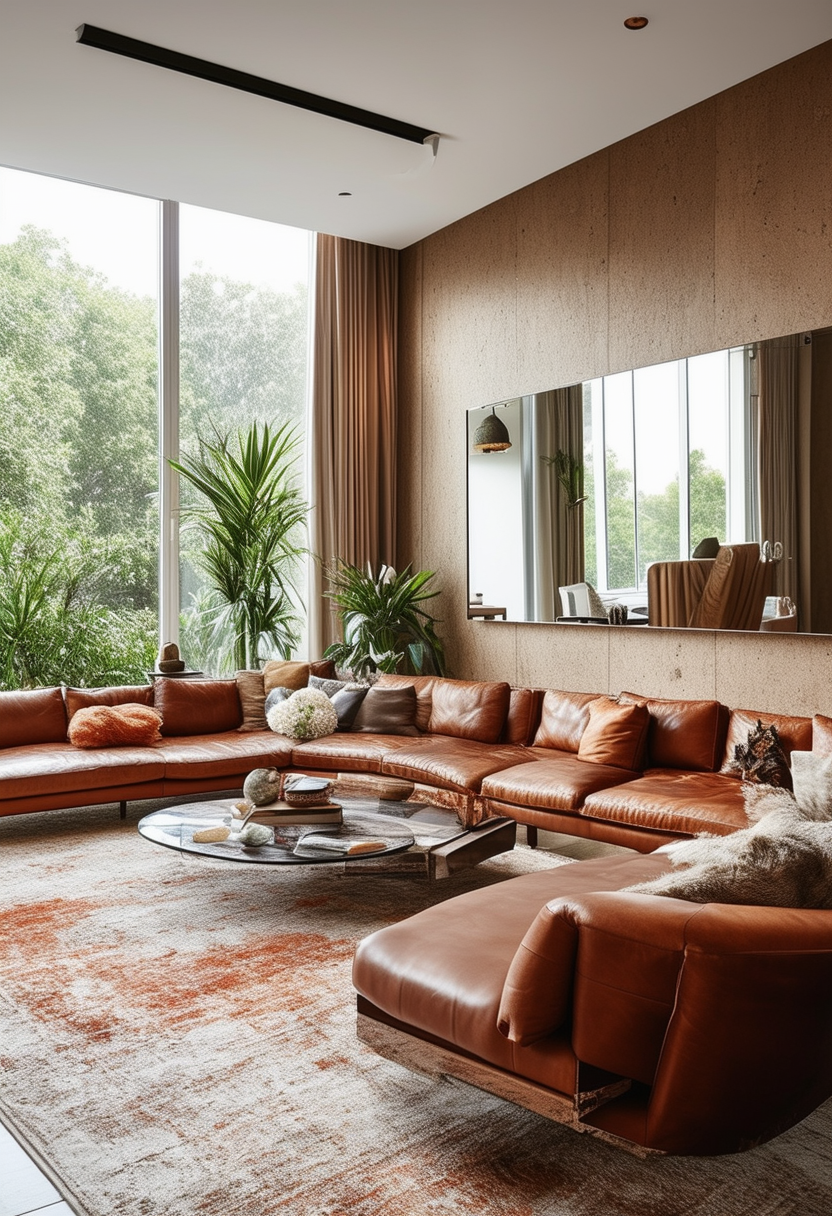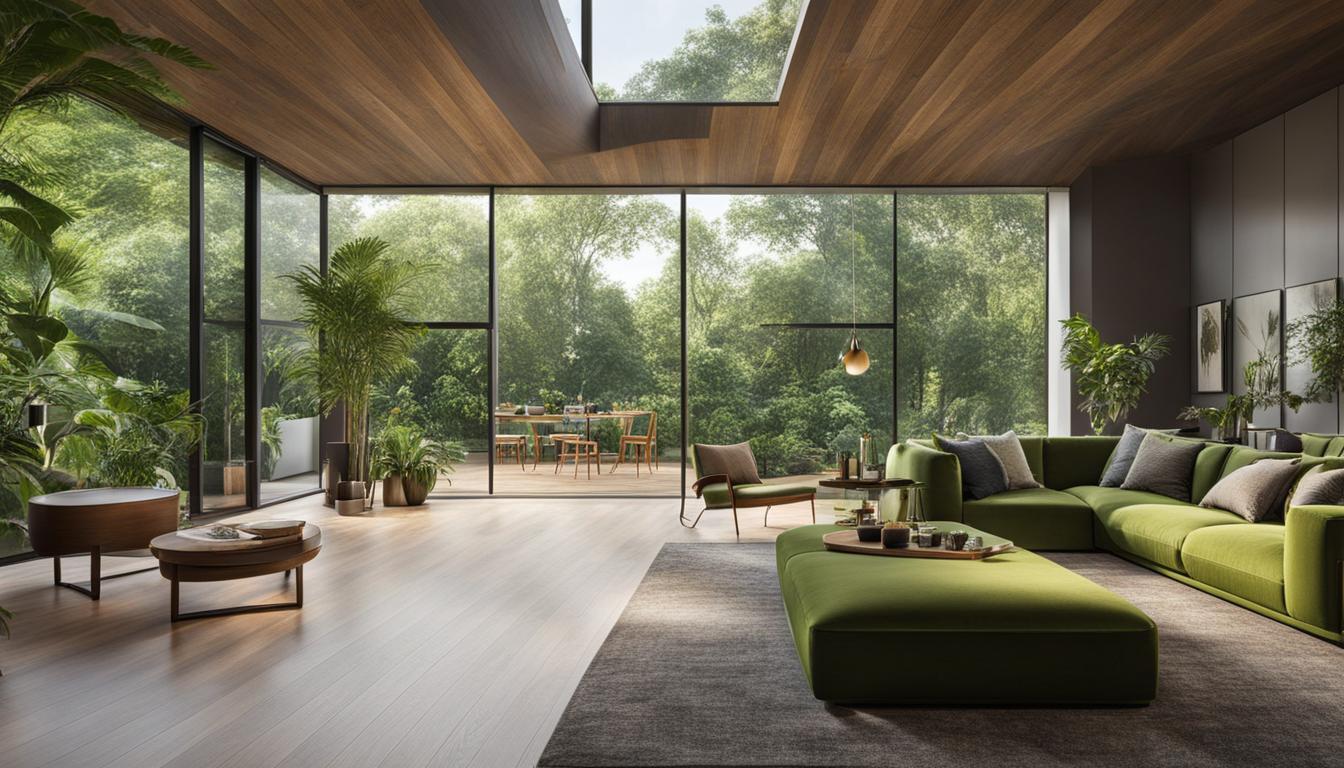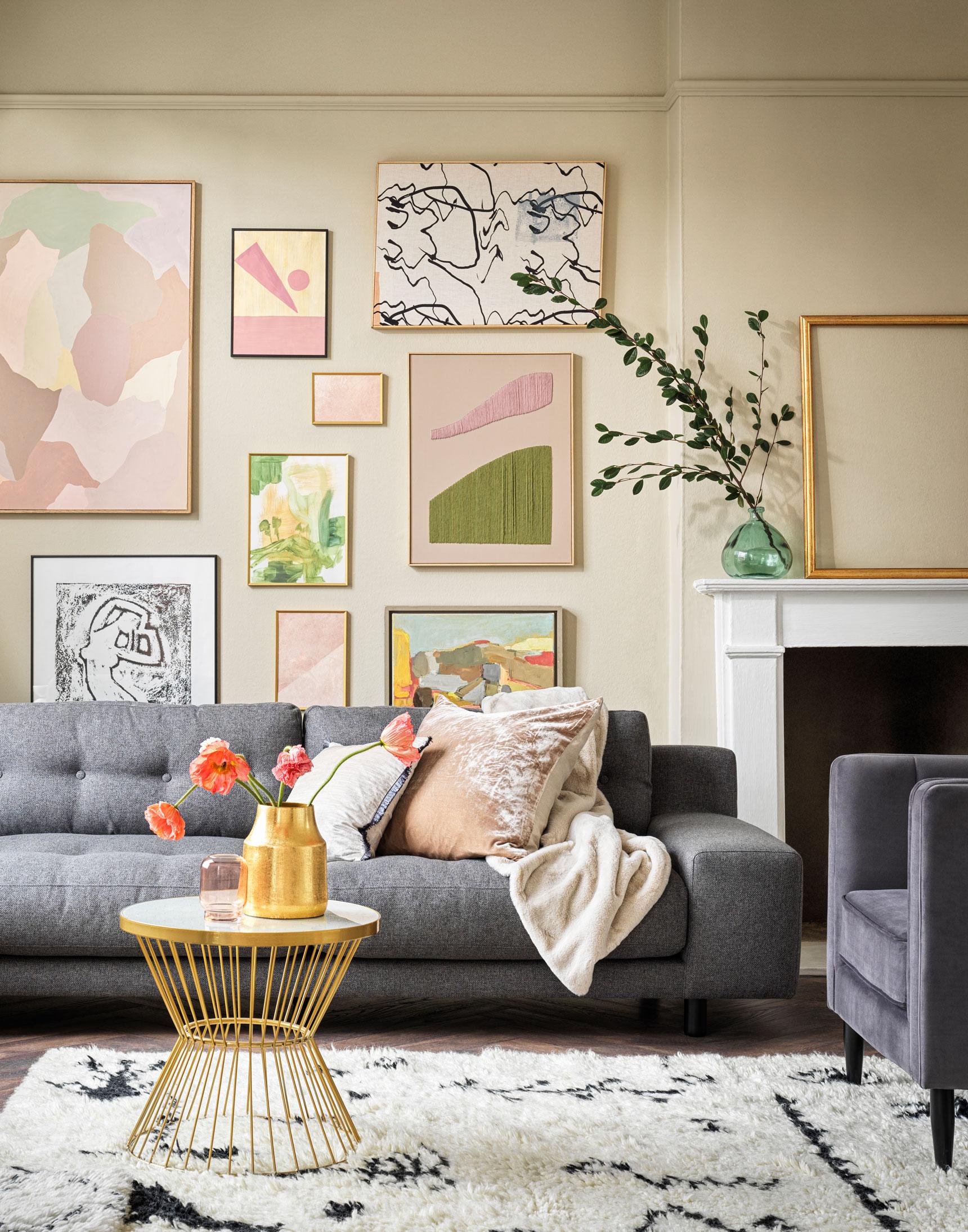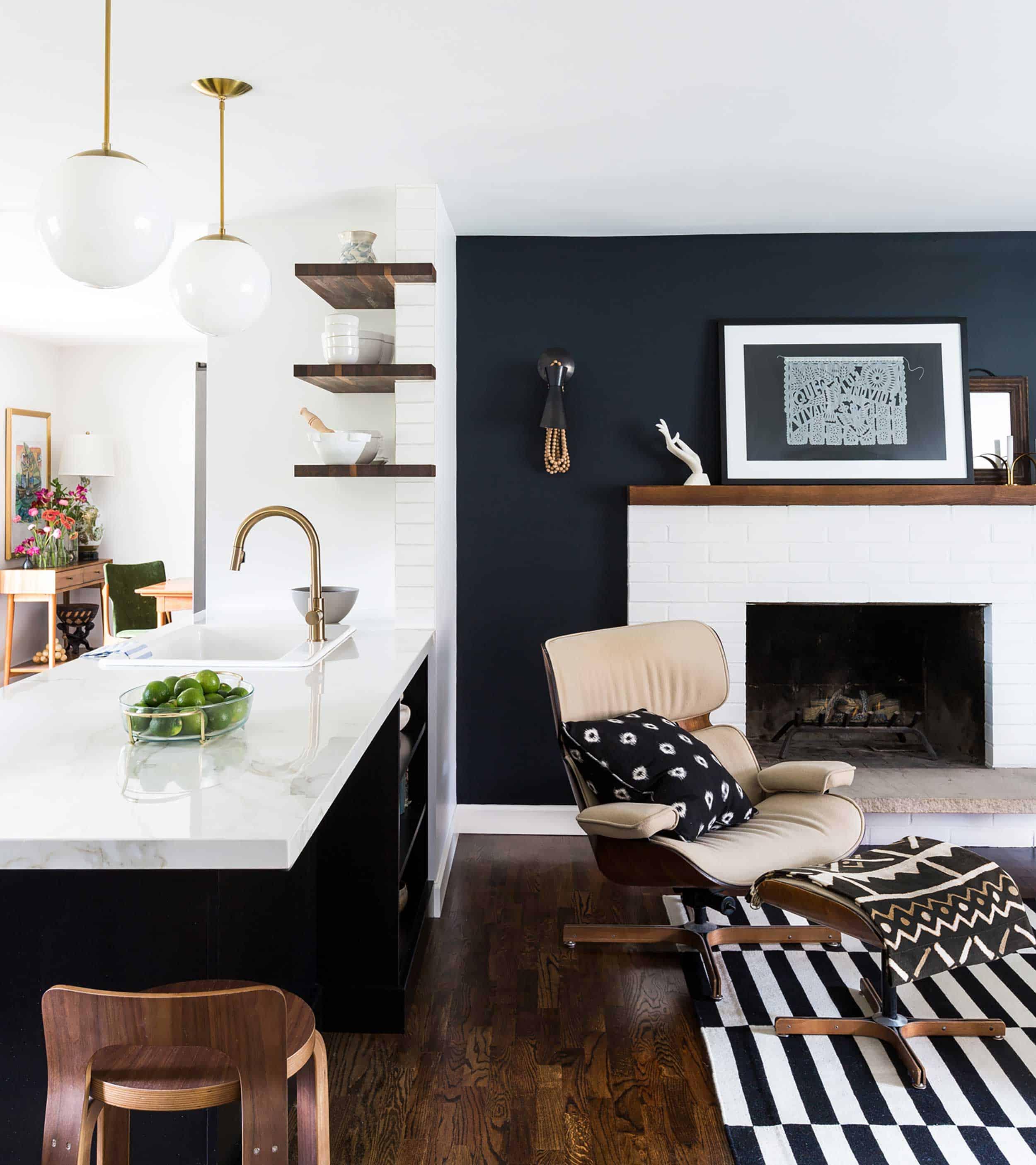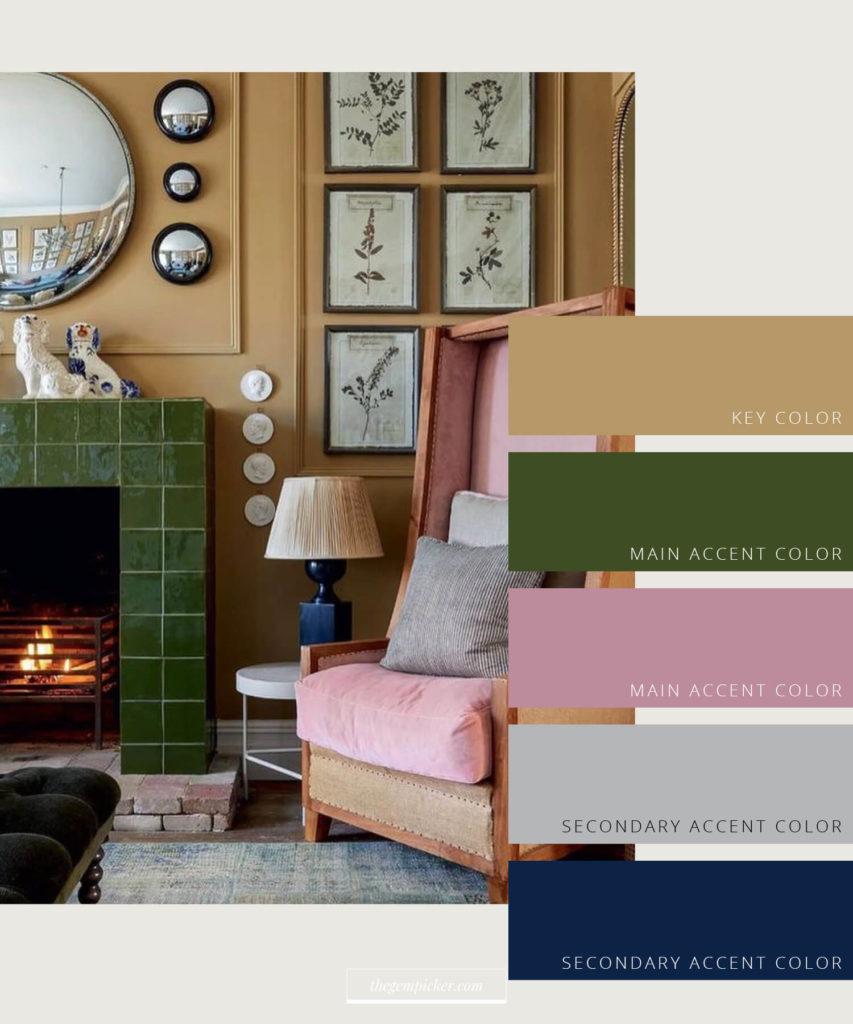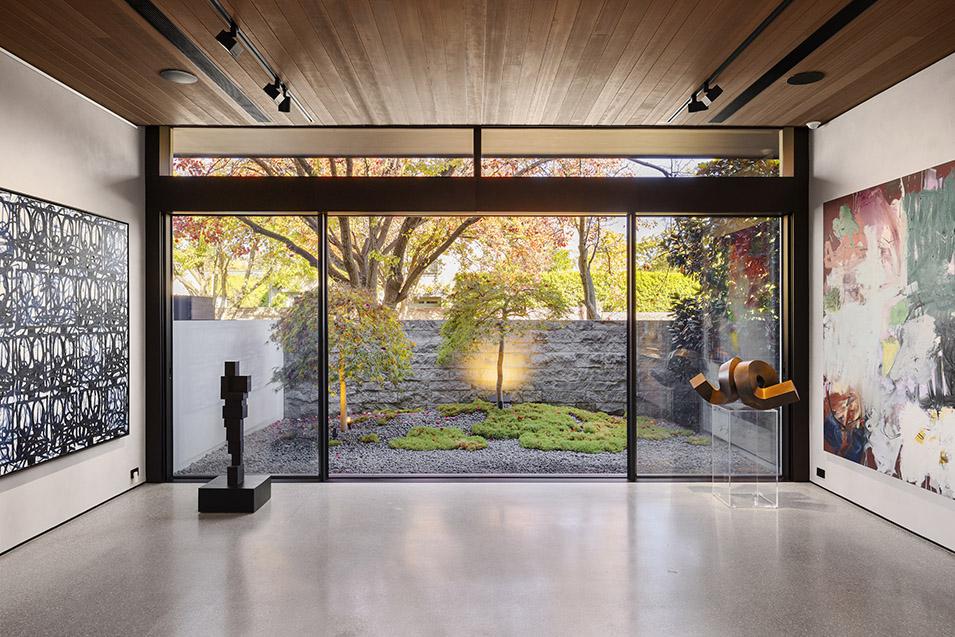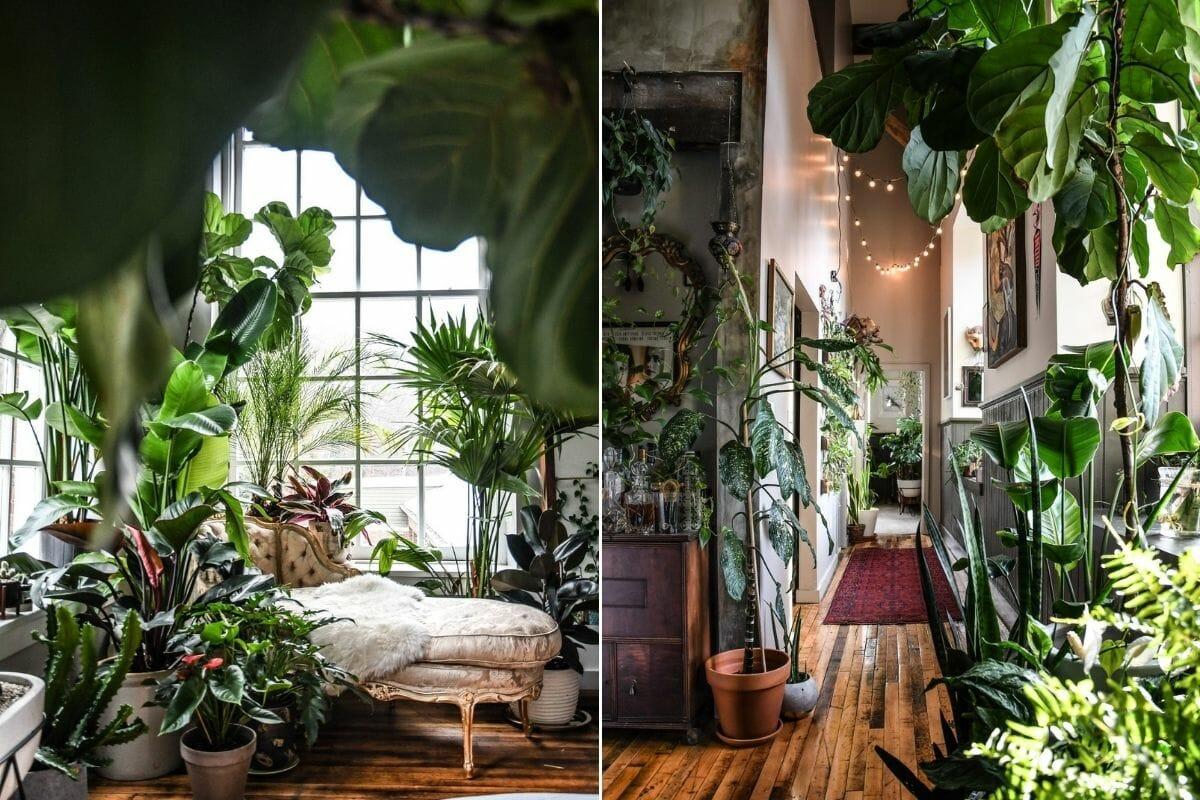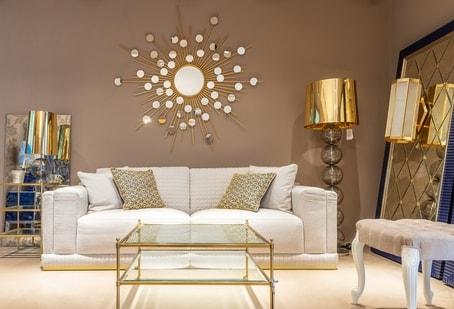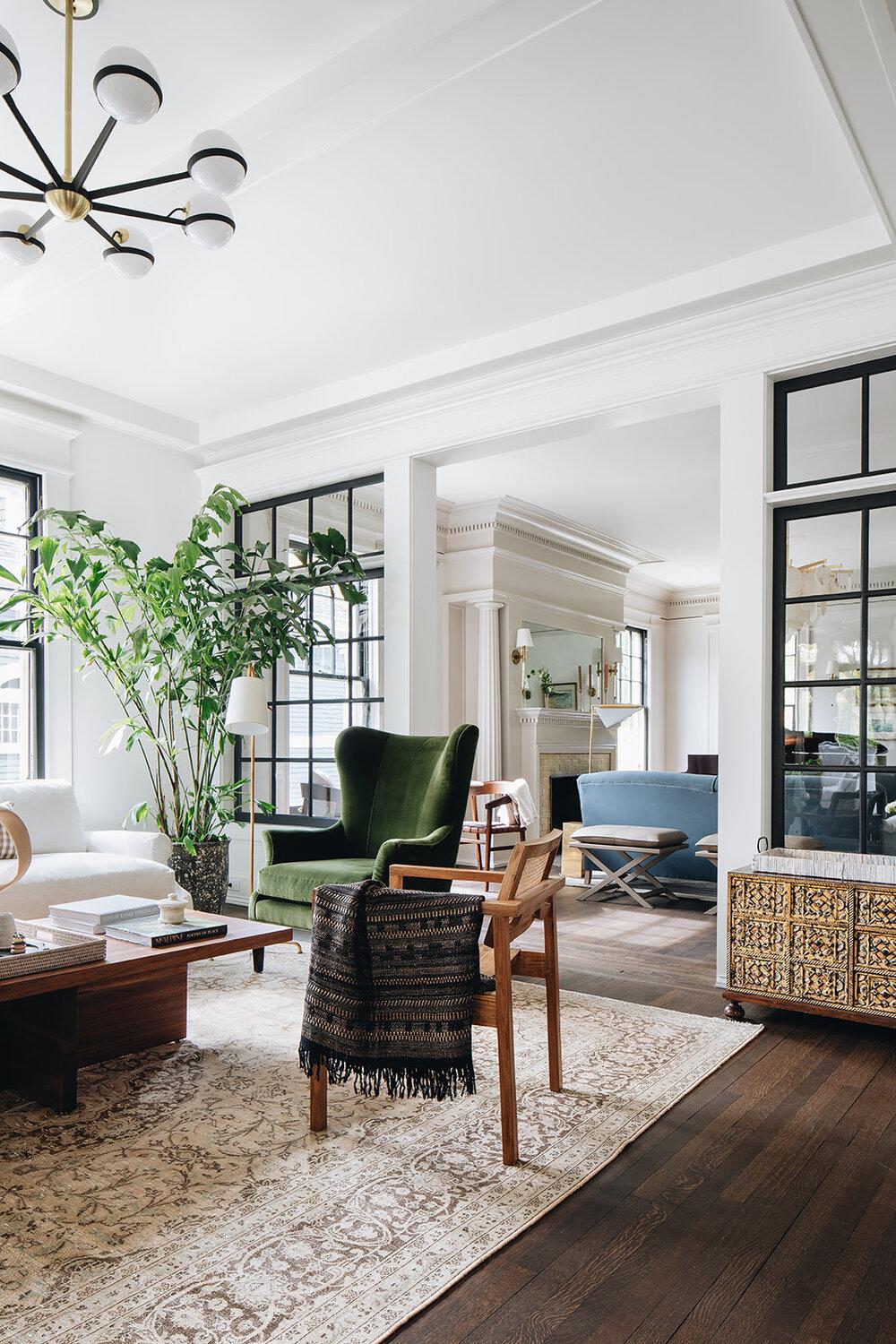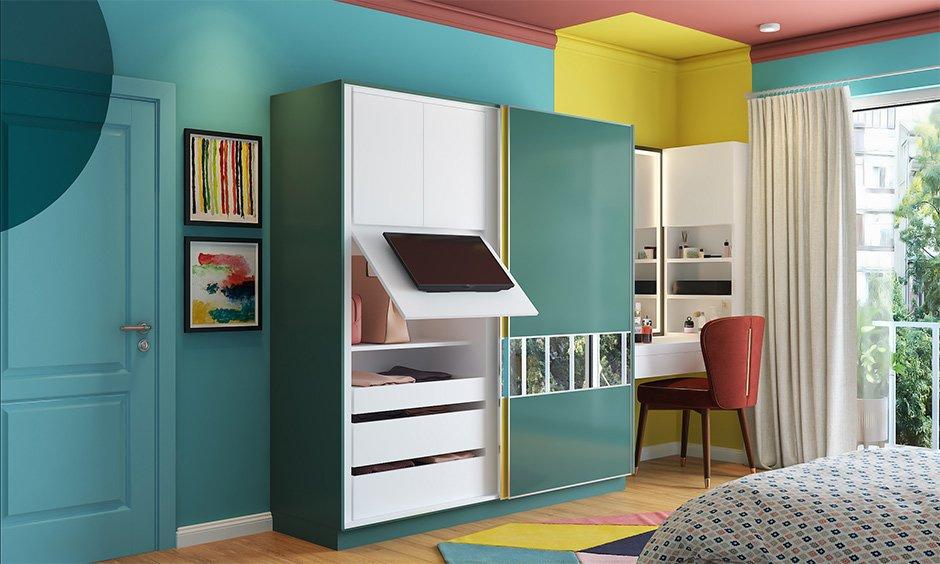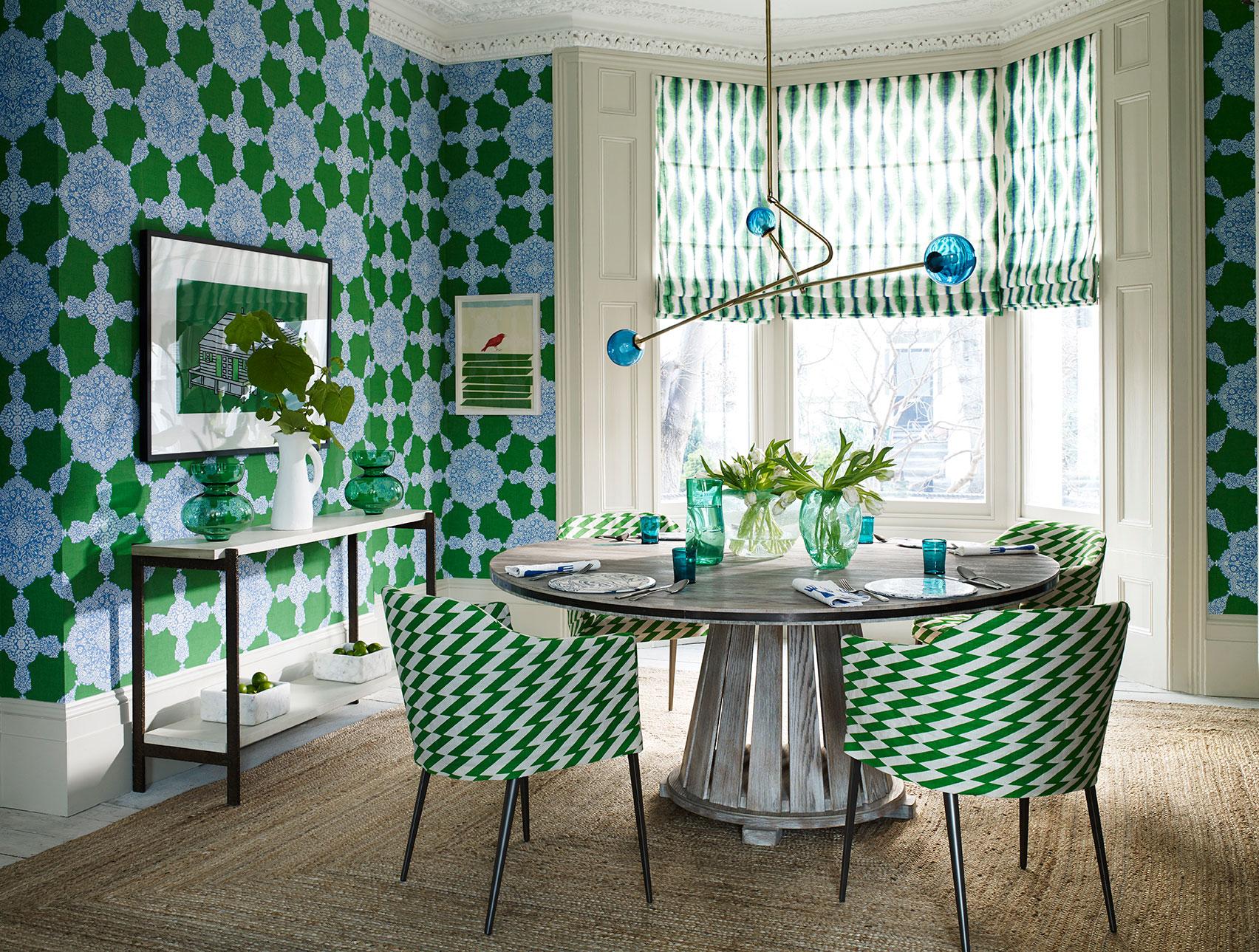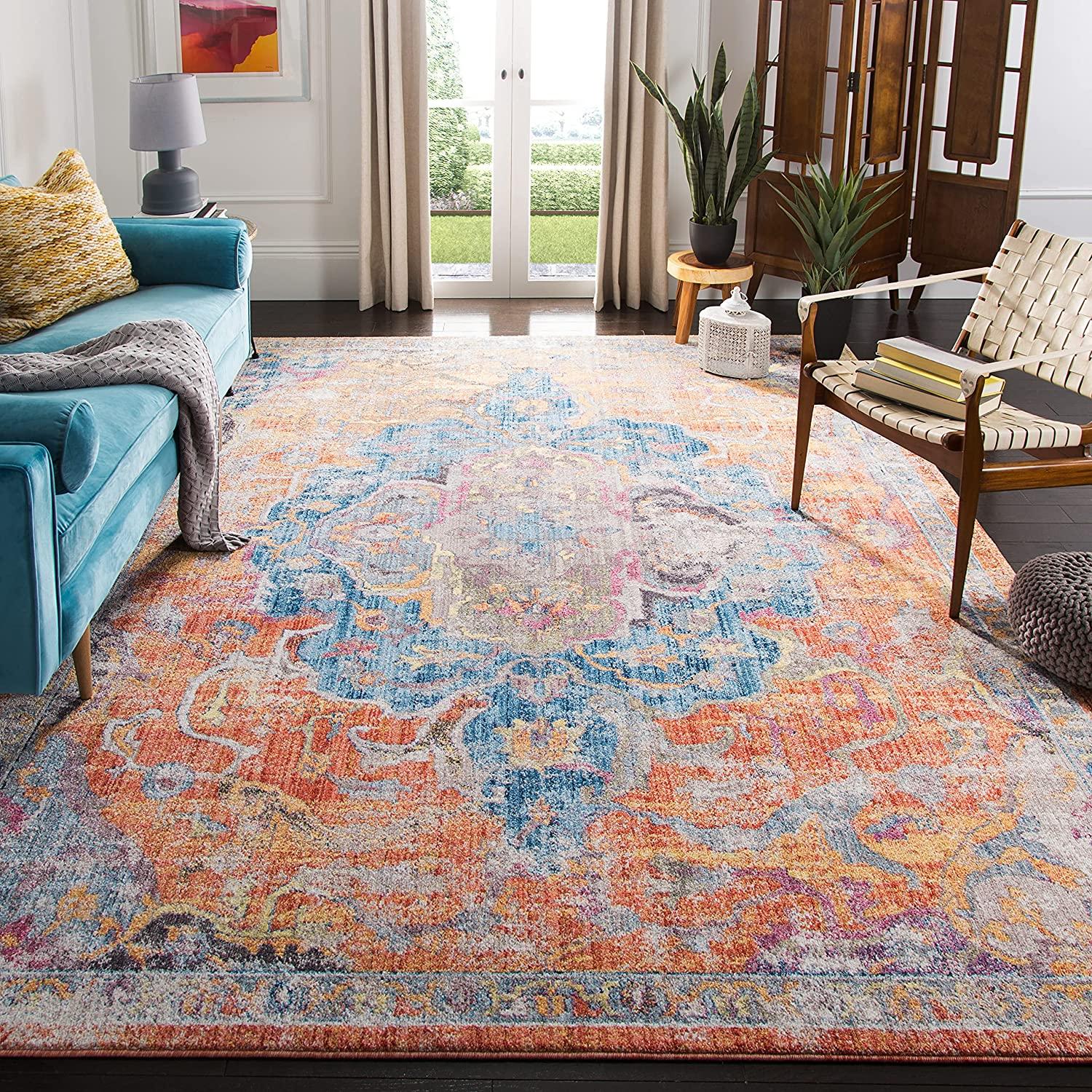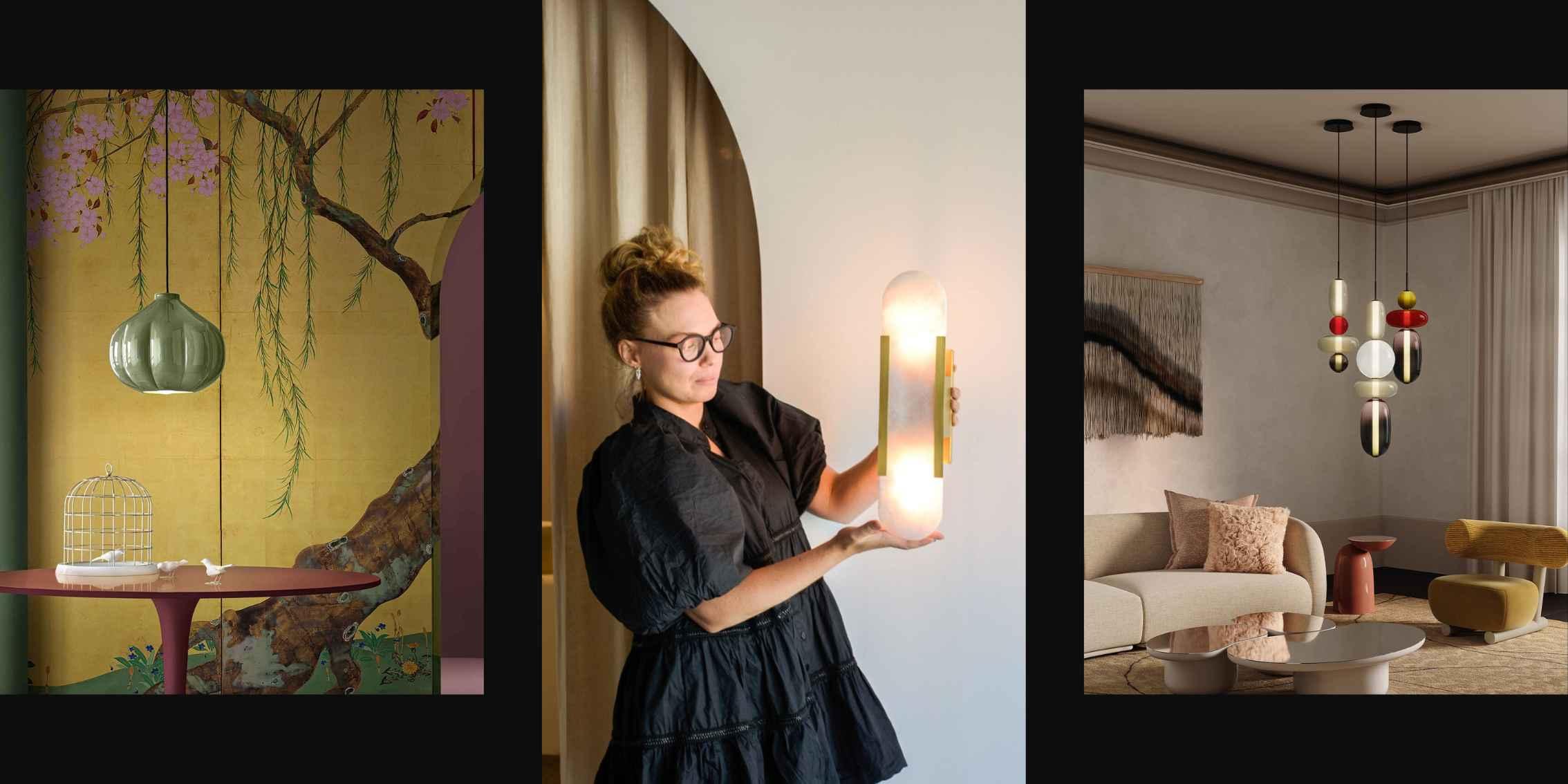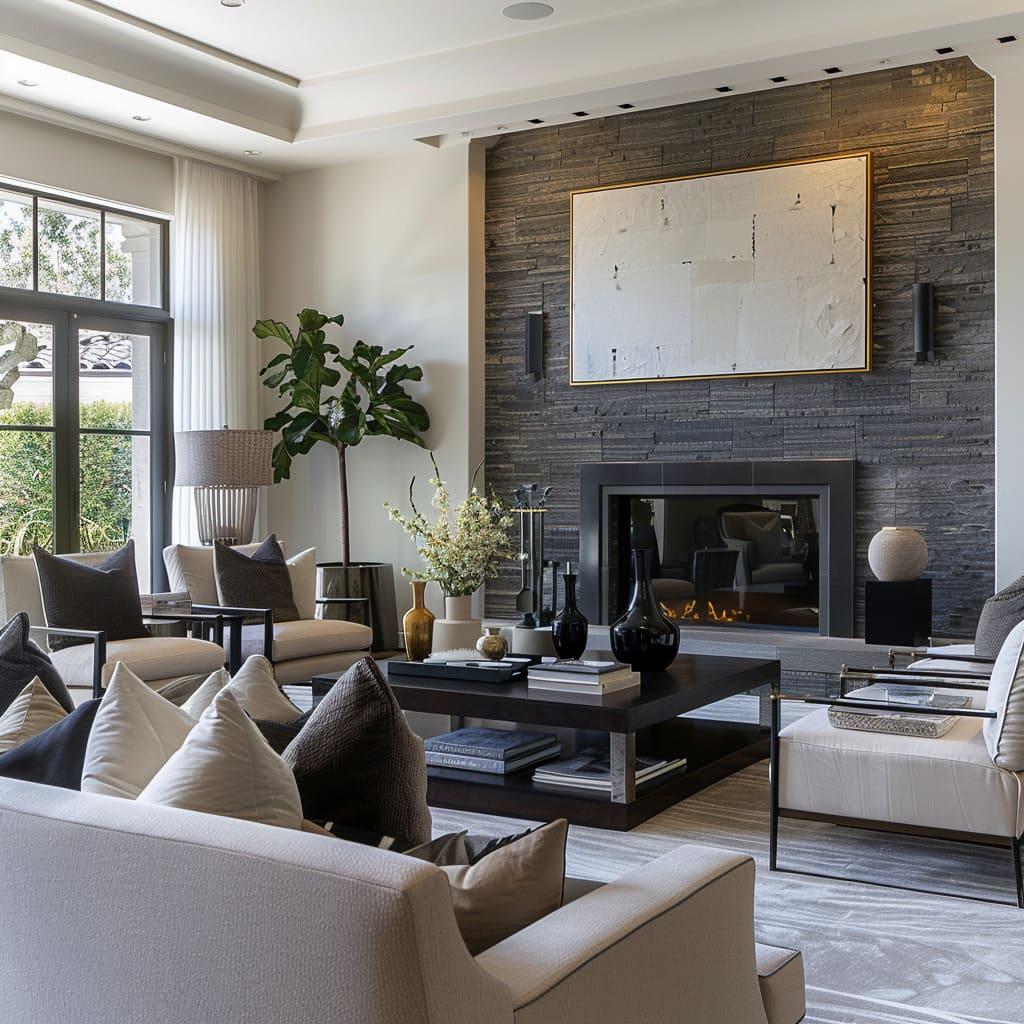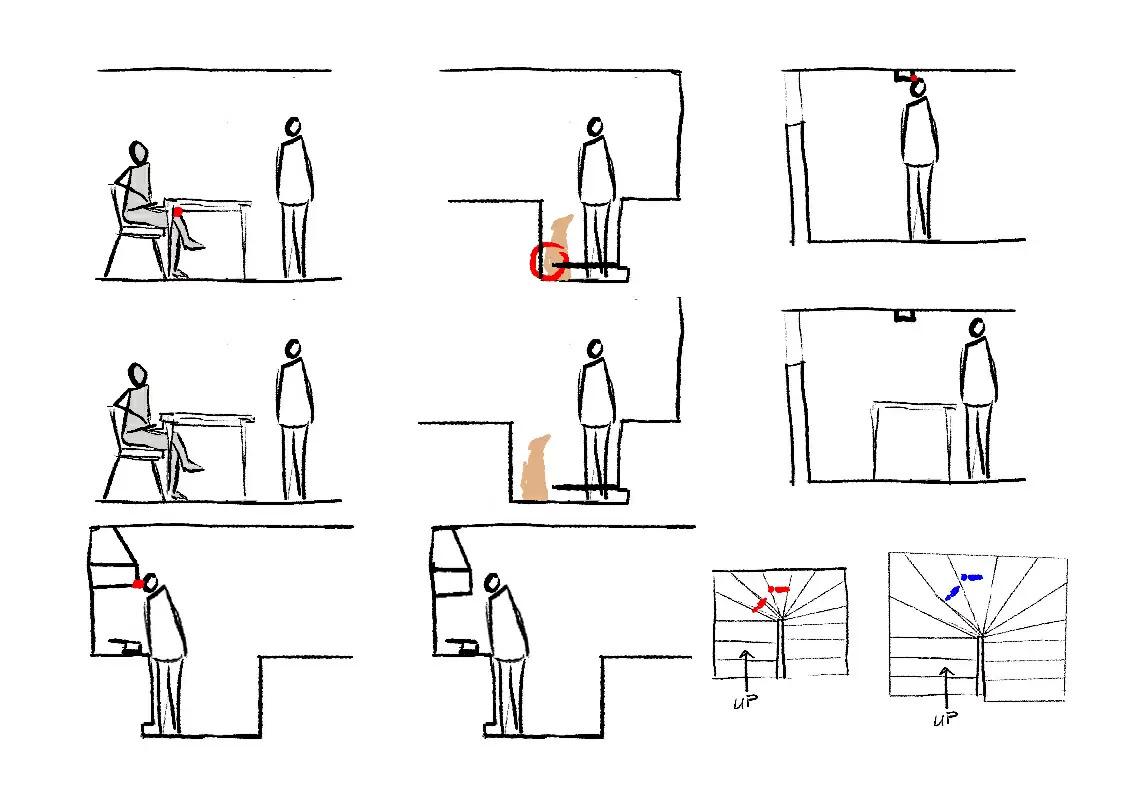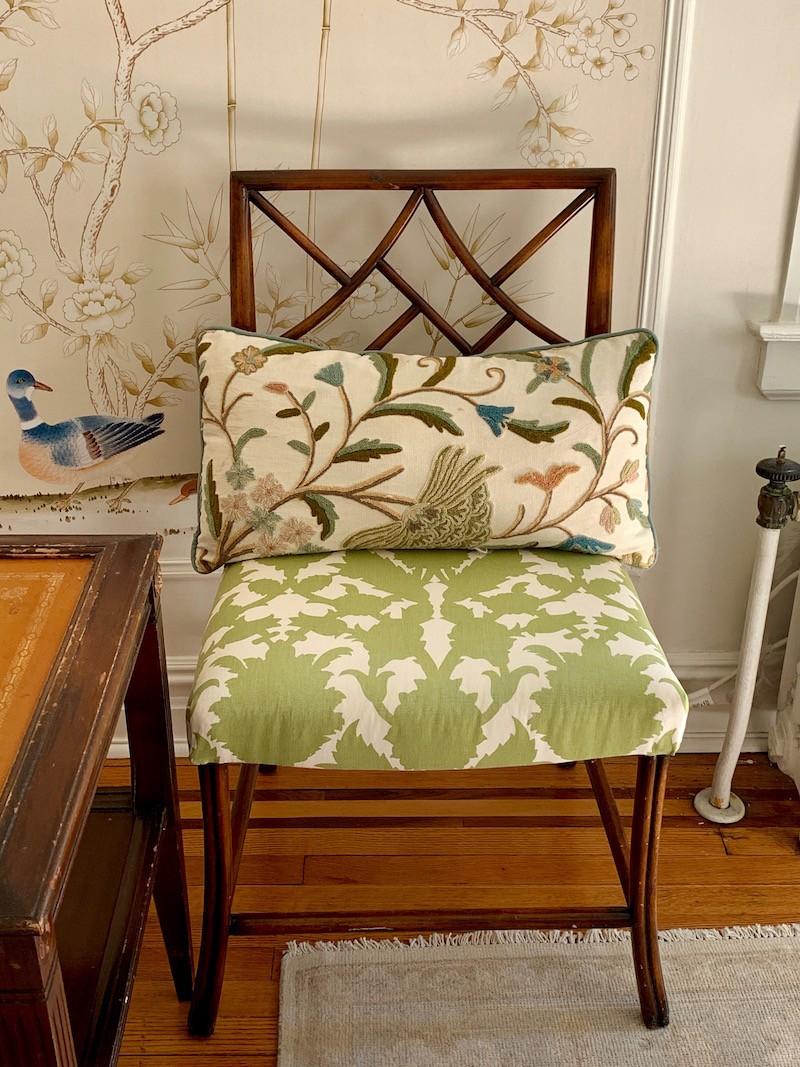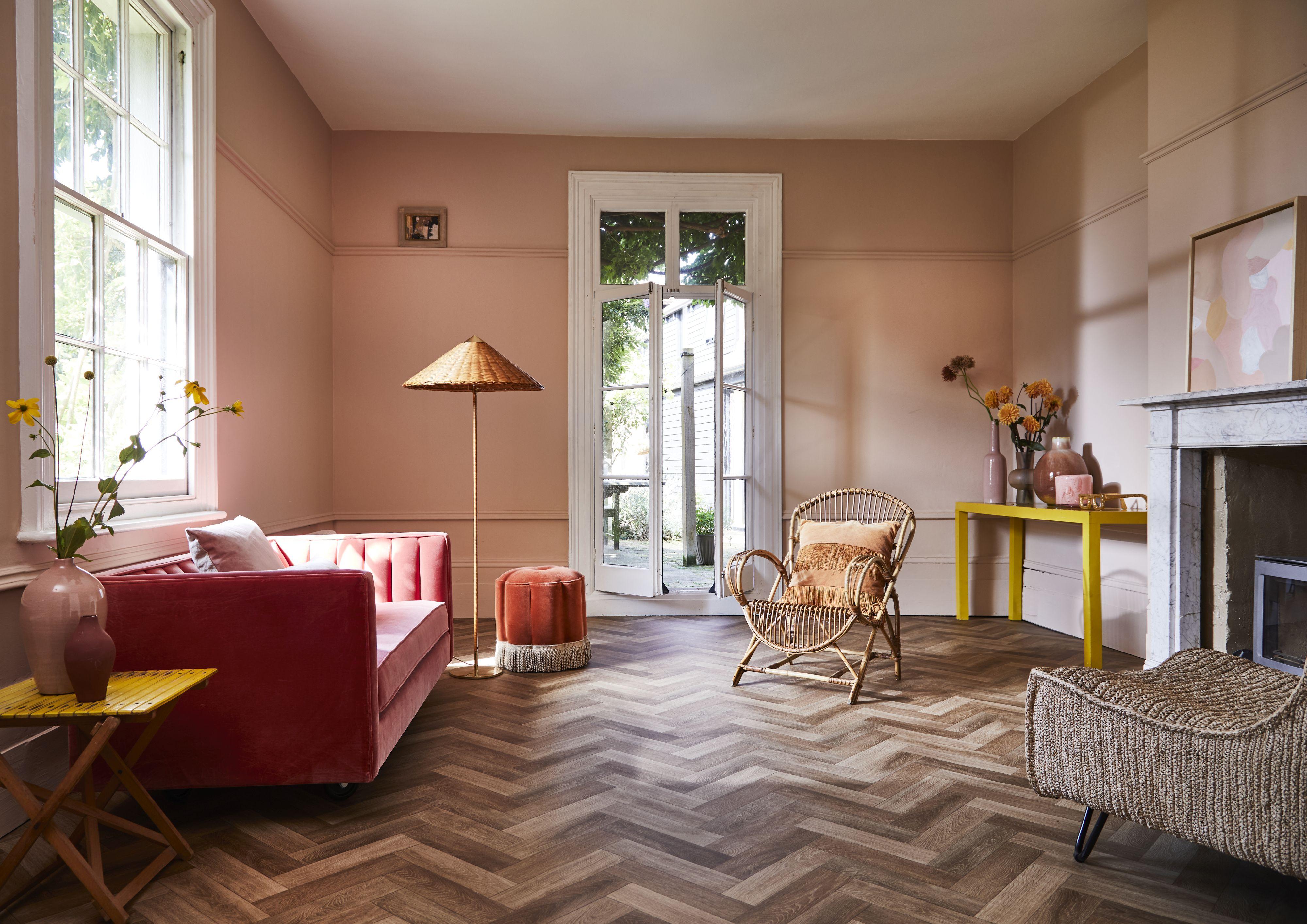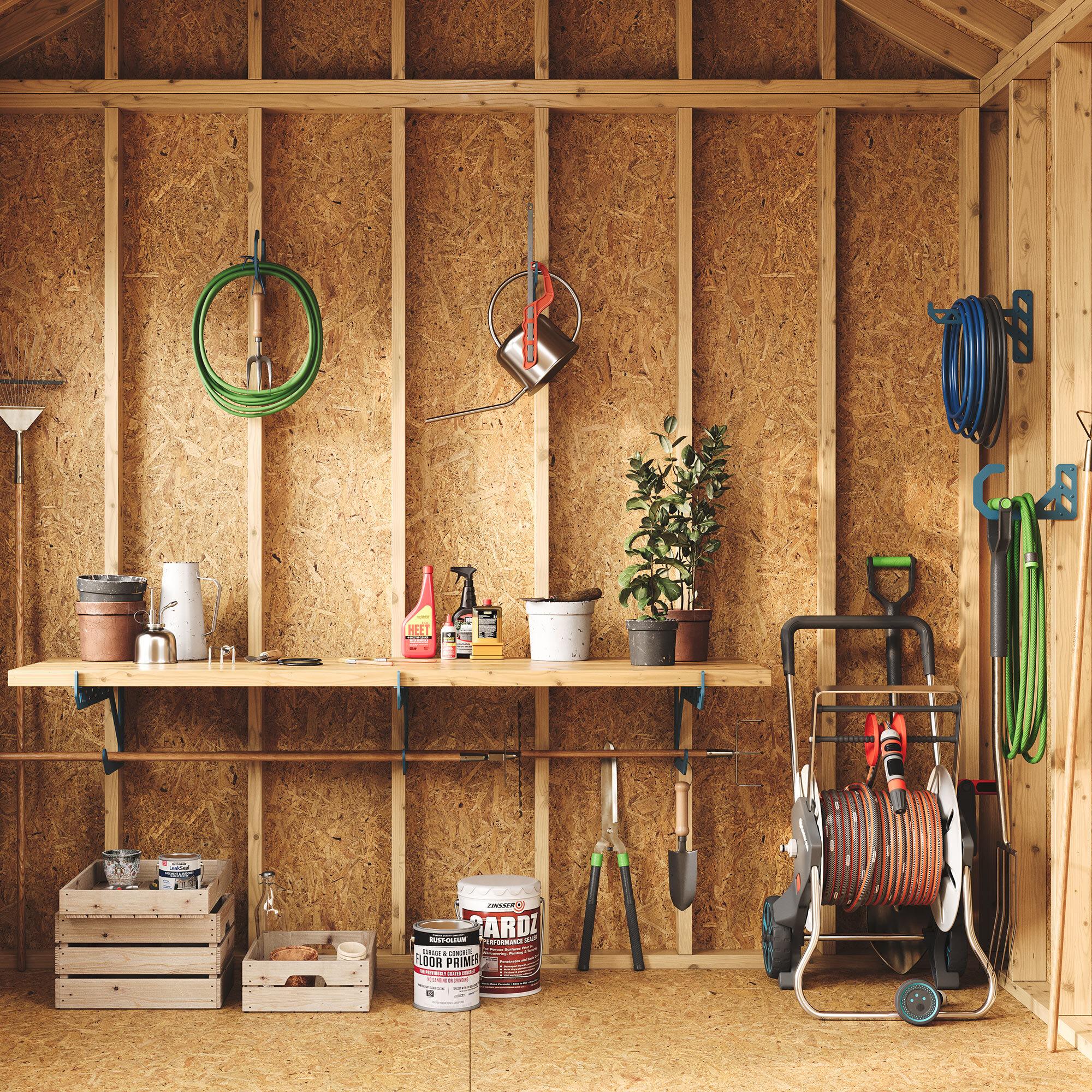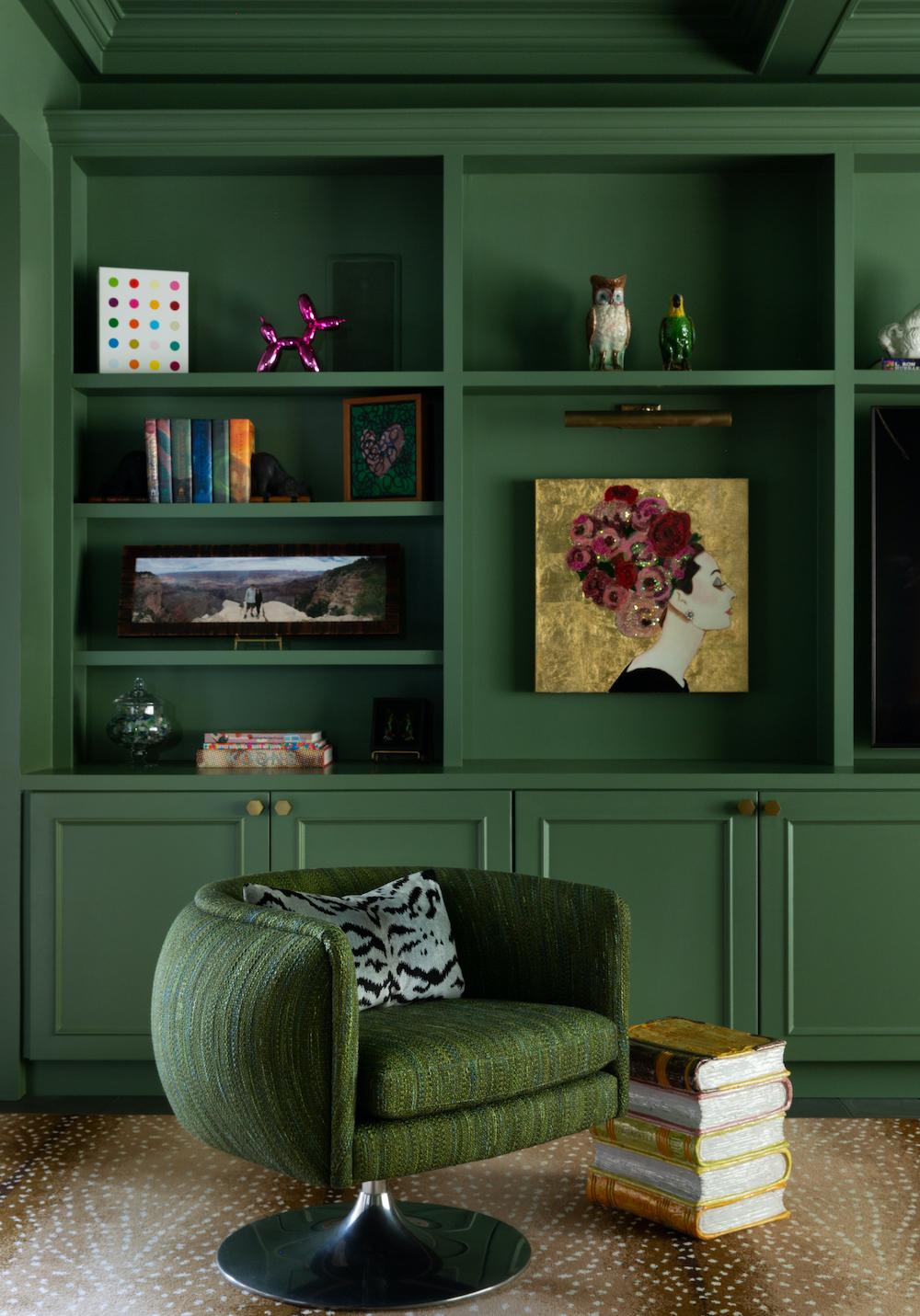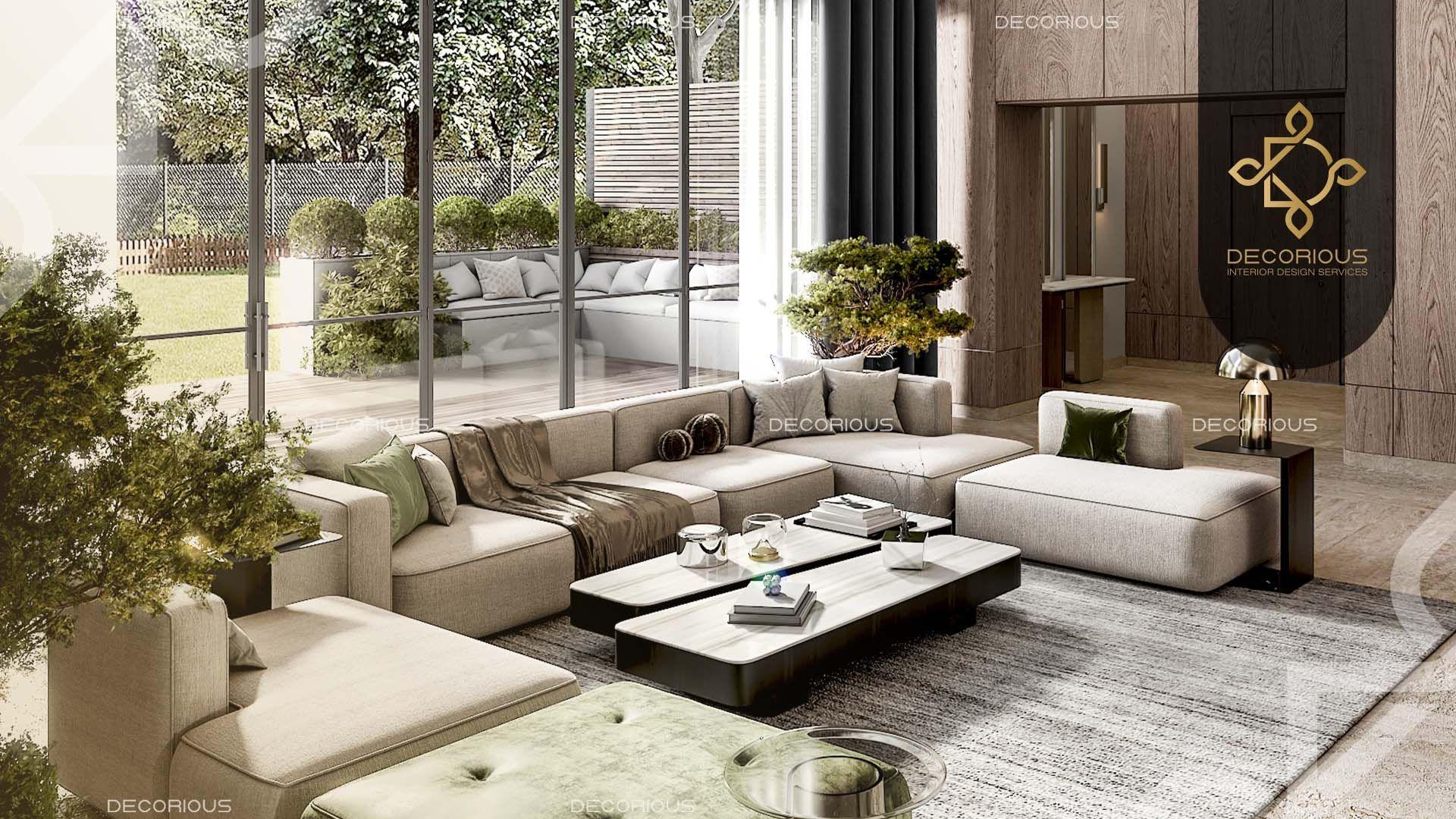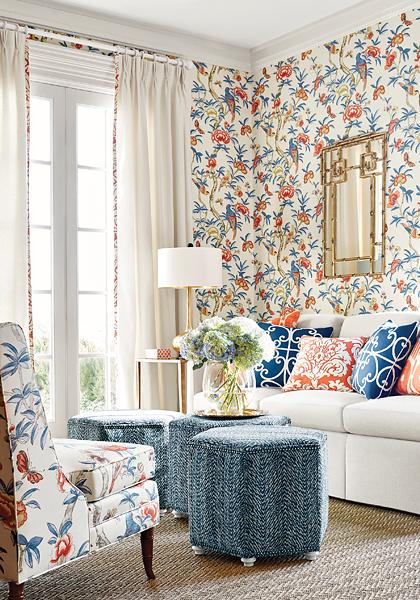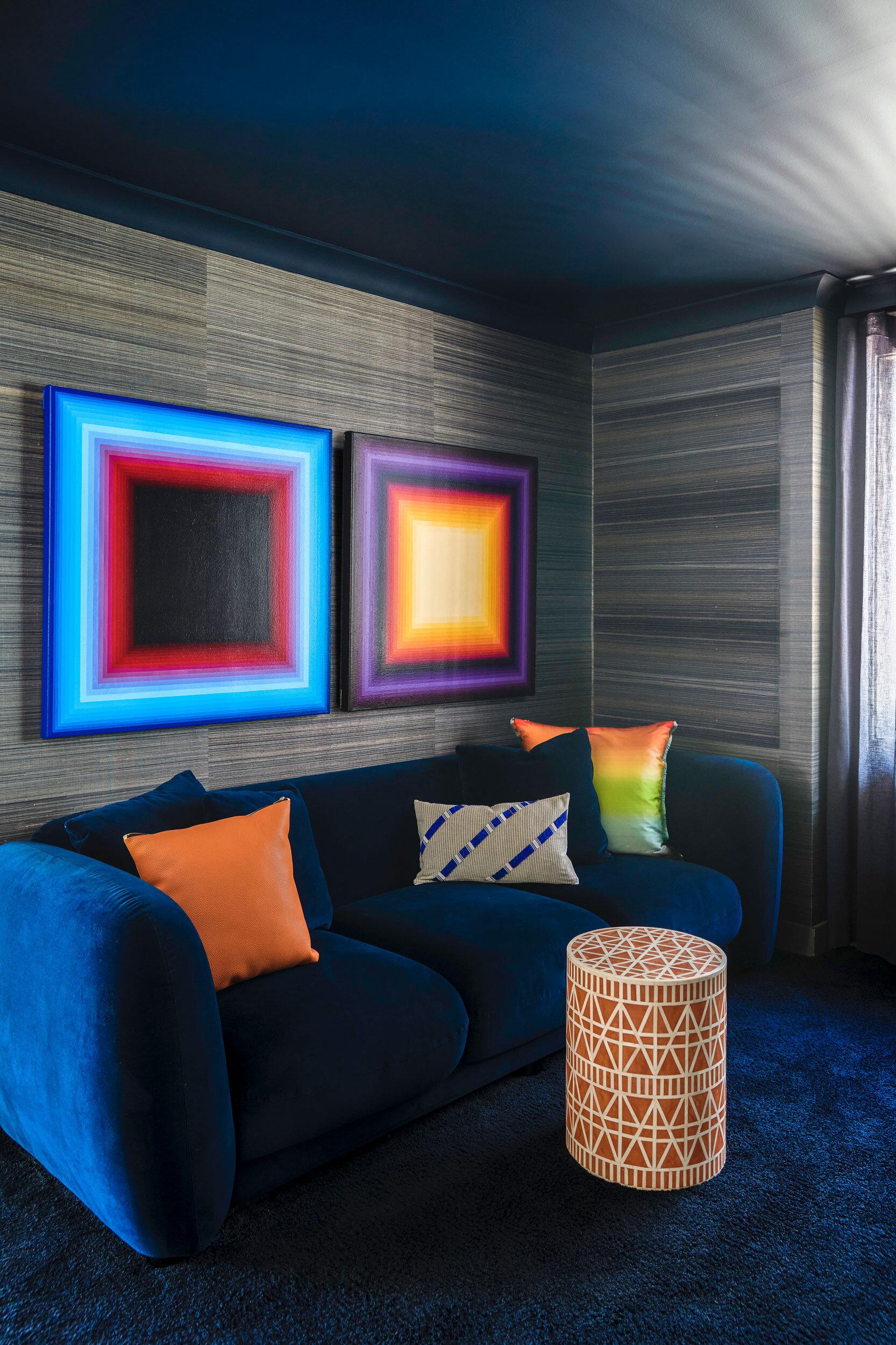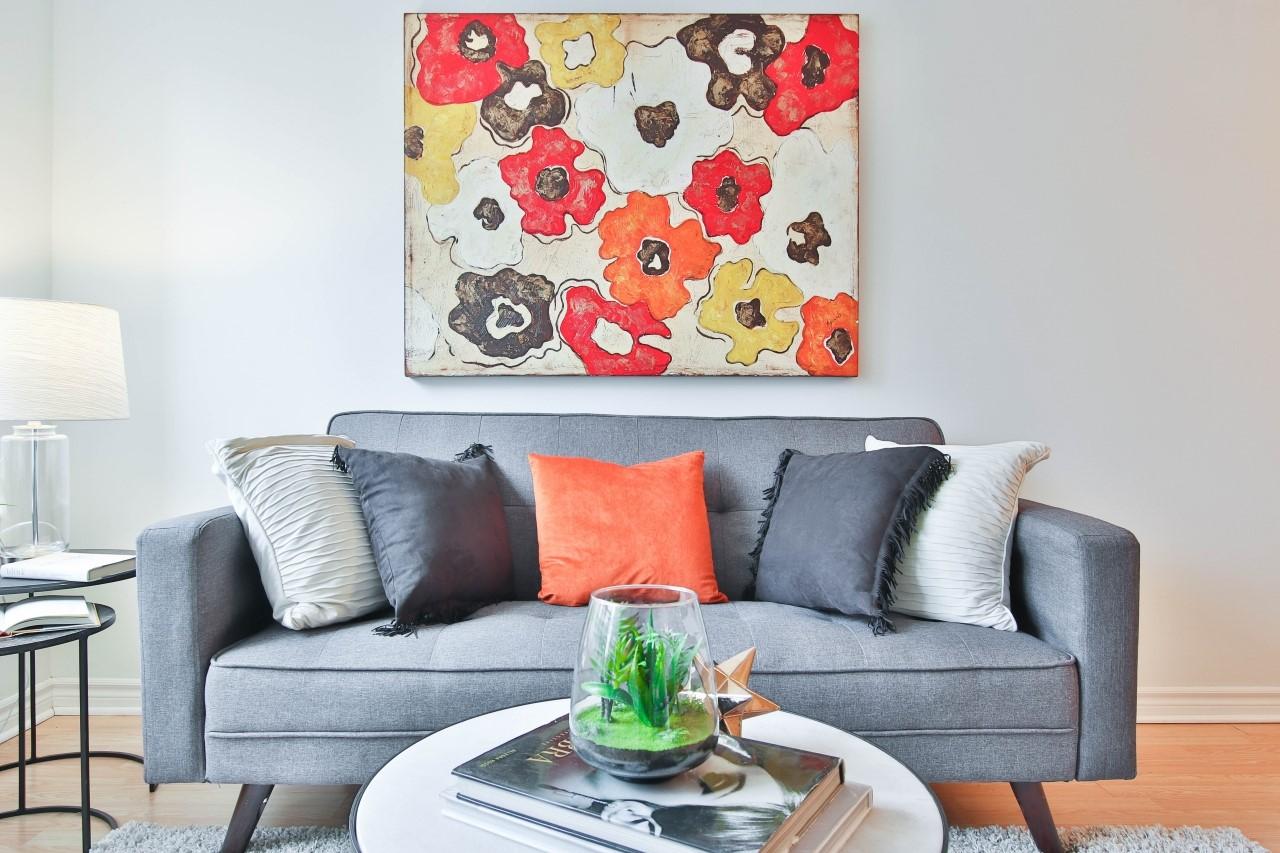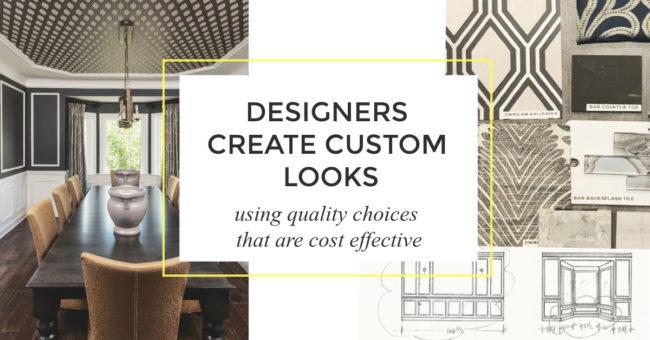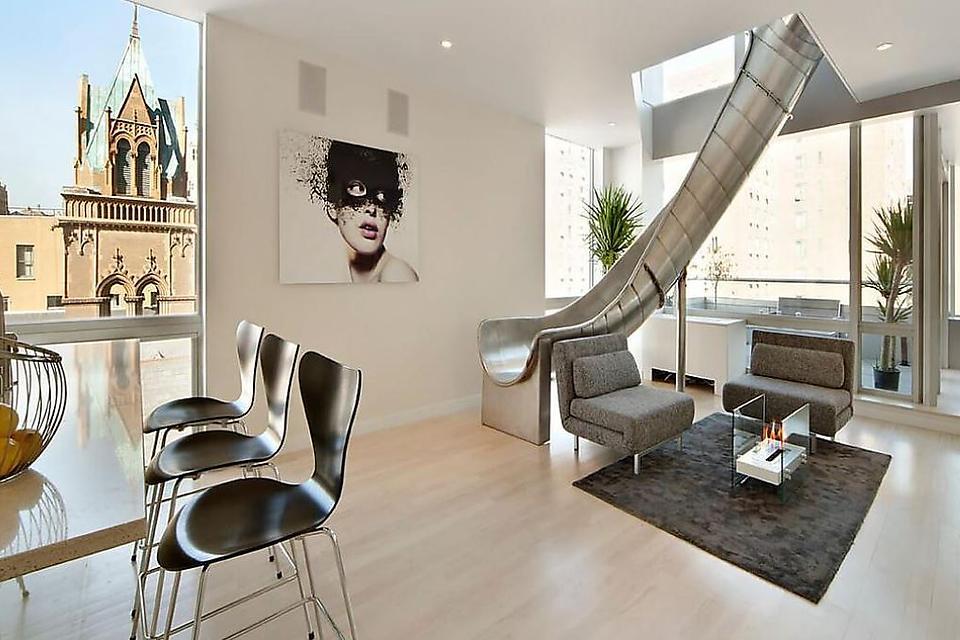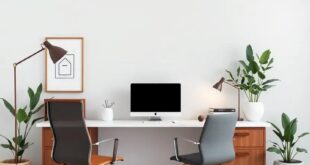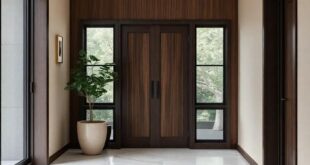Are you ready to breathe new life into your living space? Whether you’re looking to create an inviting ambiance or simply improve functionality, the world of interior design is brimming with possibilities. In this curated listicle, we present . From clever color schemes to innovative storage solutions, these tips will inspire you to rethink your environment in exhilarating ways. Expect to discover practical, yet creative techniques that can be tailored to any style or budget. Say goodbye to mundane rooms and hello to a refreshed, harmonious home that reflects your unique personality. Get ready to take notes and transform your space one tip at a time!
Embrace natural light to elevate your interior design atmosphere
Harnessing the power of natural light can instantly transform an interior space, breathing life and energy into your environment. To achieve the maximum effect, consider using light-colored walls that reflect sunlight and create an open, airy feel. Mirrors strategically placed across from windows can amplify sunlight and make your room appear larger. Opt for sheer window treatments which allow soft light to filter through while maintaining privacy. Additionally, incorporating skylights or larger windows can dramatically improve the illumination of your rooms and offer stunning views of the outdoors, blurring the lines between indoor and outdoor spaces.
Furthermore, consider the layout of your furniture; avoid blocking windows to ensure that light can flow freely throughout the room. Using reflective surfaces such as glass or metals in decor adds a touch of elegance while enhancing the natural light bouncing around. Integrating indoor plants not only decorates your space but also highlights the sunlight, creating a serene atmosphere. Lastly, explore how specific light fixtures can enhance natural light; for instance, opting for warm-toned LED bulbs in areas that don’t receive direct sunlight can help complement the natural glow found during daylight hours. For more inspiration on optimizing natural lighting in interior spaces, check out Houzz.
Layer textures for depth in your interior design schemes
To breathe life and character into your living spaces, consider layering textures to create an inviting atmosphere. Start with a solid foundation using a mix of materials, and then add elements that speak to your personal style. For instance, pair a smooth leather couch with a chunky knit throw and a sleek glass coffee table set atop a plush area rug. This contrast not only adds visual interest but also encourages touch. Use accessories like woven baskets, velvet cushions, and metallic accents to further enhance this depth. Incorporating natural elements such as wood or stone can also ground the design, making it feel warm and inviting.
Another way to enrich your interior is through wall treatments. Consider using paint, wallpaper, or textured panels that introduce different textures to your rooms. A statement wall adorned with natural wood slats or an upholstered headboard made of sumptuous fabric can become a focal point. Accent this with carefully chosen artwork and decorative mirrors that reflect light. Below is a simple guide to help you visualize the different materials and their potential combinations:
| Material Type | Texture Examples | Perfect Pairings |
|---|---|---|
| Wood | Rustic, Natural | Metal, Fabric |
| Textiles | Soft, Plush, Woven | Leather, Silk |
| Glass | Smooth, Reflective | Stone, Wood |
By implementing these strategies, you can craft a layered, dynamic space that resonates with warmth and sophistication. For more inspiration, check out Decoist for creative ideas to elevate your interior design projects.
Bold accent walls can redefine your interior design aesthetic
One of the most effective ways to infuse personality into your living space is by embracing bold accent walls. By opting for striking colors or captivating patterns, you can create a focal point that draws the eye and sparks conversation. Deep blues, vibrant greens, and fiery reds are just a few options that can dramatically change the atmosphere of any room. Pair these hues with complementary decor to create a harmonious flow throughout the space, enhancing not just aesthetics but also the overall emotional impact of your interior.
Incorporating textures is another way to elevate your accent wall. Consider materials like reclaimed wood, stone tiles, or bold wallpaper designs that lend dimension and interest. The interplay of light and shadow on textured surfaces adds depth to your interiors, making them feel more dynamic. Whether it’s adding a rustic charm with wood panels or a chic modern touch with metallic accents, your accent wall can transform the vibe of your room entirely. For more inspiration on creative wall designs, check out Houzz.
Choose a cohesive color palette for harmonious interior design
Creating a cohesive color palette is essential for achieving a harmonious atmosphere in your interior design. Start by selecting a base color that resonates with your personal style and sets the overall tone of the space. This color should ideally reflect the mood you want to evoke—calm and serene, or vibrant and energizing. Once your base color is chosen, pull in complementary colors from the same color family, considering shades, tints, and tones to add depth and variety. A well-balanced palette can be arranged with 60% of your base color, 30% of a secondary color, and 10% as an accent color to create visual interest while keeping the overall look unified.
To make the selection process easier, create a simple color swatch or mood board that combines your chosen colors. You can utilize online tools like Coolors to generate color schemes effortlessly. Consider the following elements when applying your colors throughout the space:
| Element | Application |
|---|---|
| Walls | Base color or light neutral |
| Furniture | Secondary color |
| Accents | Accent color in accessories and decor |
| Textiles | Mix of all three colors for balance |
By thoughtfully distributing these colors, you’ll create a cohesive look that flows effortlessly from one area to another, ensuring your space feels inviting and well-designed.
Curate personal art pieces to enhance your interior design narrative
One of the most captivating ways to tell your interior design story is through collecting and displaying personal art pieces that resonate with your aesthetic and emotional landscape. Consider curating a mix of local artists’ works, vintage finds, or even pieces you’ve created yourself. This adds a layer of authenticity to your space, making it uniquely yours. In selecting art, think about factors such as color palettes, themes, and how they relate to the existing elements of your interior. Choosing pieces that evoke a personal connection will not only beautify your home but also spark conversations, making your space feel more inviting.
When displaying your collection, consider creating a designated gallery wall. This can be achieved using a variety of framing styles to add intrigue, or you might opt for a more minimalist approach with uniform frames for a sleek, modern look. Use different scales for your art, positioning larger pieces as focal points while allowing smaller works to complement the overall aesthetic. Additionally, incorporating shelves or floating ledges provides a flexible way to showcase art alongside books or sculptures. Don’t shy away from layering your art with textiles or plants to add depth and dimension, ensuring that each piece serves a purpose in the overarching narrative of your home. For further inspiration on collecting art, explore Artsy.
Incorporate plants for a fresh touch in interior design spaces
Bringing the outdoors in is a brilliant way to enhance the ambiance of your interior spaces. Potted plants not only enliven a room but also improve air quality and create a welcoming atmosphere. When selecting plants, consider the scale and style of your space. For smaller areas, opt for suspended plants like air plants or trailing varieties such as pothos to save floor space, while larger rooms can accommodate stunning floor plants like fiddle leaf figs or rubber trees. Don’t forget about plant styling; arranging a collection in varying heights adds dynamic beauty, while cohesive pots can elegantly tie them together.
To maximize their impact, consider integrating plants into different zones of your home. For example, bright succulents or herbs can be perfect for kitchen windowsills, while lush ferns create a soothing vibe in bathrooms or bedrooms. In office spaces, plants like snake plants and peace lilies can boost productivity and reduce stress. Artful arrangements of plants can even substitute for artwork; try using decorative stands or hanging shelves for a fresh aesthetic. For more inspiration and tips on incorporating greenery into your home, check out House Beautiful.
Use mirrors strategically to amplify interior design brightness
Mirrors are not just functional items; they are powerful design tools that can enhance the brightness of any space. By reflecting light, they can create an illusion of more open space, making even the smallest of rooms feel airy and expansive. To maximize the luminosity in your space, consider placing mirrors opposite windows or light sources. This strategic positioning allows them to bounce natural light around the room, illuminating dark corners and enhancing the overall ambiance. Additionally, a large mirror can serve as a stunning focal point, drawing the eye and adding depth to your decor.
Incorporate mirrors of varying shapes and sizes to add a touch of whimsy to your designs. For example, a mix of round and rectangular mirrors can create a visually stimulating gallery wall that not only reflects light but also reflects your personality. Utilize decorative mirrors with unique frames to complement your style, whether it’s vintage, modern, or eclectic. You can also create small vignettes that include mirrors, such as placing a mirror above a console table adorned with plants and candles. This strategy not only amplifies brightness but also enhances the visual interest of your interior design. Discover more creative ideas on Houzz to further inspire your next design transformation.
Mix vintage and modern pieces for dynamic interior design appeal
Bringing together vintage and modern elements creates a nuanced interior that speaks to both timeless elegance and contemporary flair. To achieve this, consider incorporating statement pieces that can serve as focal points in your room. For example, a sleek modern sofa paired with a rustic farm table can seamlessly merge eras while inviting conversation. Don’t forget the power of accessories; choose vintage decor items like retro lamps or ornate frames alongside minimalist, modern artwork for a visually striking balance. Textiles also play a crucial role, such as mixing a distressed leather armchair with crisp, geometric-patterned cushions.
Incorporating color schemes is an effective way to harmonize the blend of styles. Opt for a neutral palette as a base, allowing the uniqueness of each piece to shine through, then add pops of color inspired by your vintage finds or contemporary art. A well-curated mix might include a mid-century modern chair, a sleek glass coffee table, and a few eclectic throw pillows that echo both historical and modern patterns. This thoughtful arrangement not only enhances your space’s visual interest but also offers a narrative that reflects your personal style. Dive into more on this topic at House Beautiful.
Consider multifunctional furniture to optimize interior design functionality
In today’s fast-paced world, your living space must be as versatile as you are. Investing in multifunctional furniture can dramatically enhance the utility of your home while maintaining a stylish aesthetic. Consider innovative designs like a sofa bed that seamlessly transitions from a cozy seating area to a guest sleeping space. Alternatively, look for an ottoman that doubles as storage, helping you keep clutter at bay without sacrificing style. These smart choices not only save space but also make your interior both practical and inviting.
When shopping for furniture, prioritize pieces that serve multiple purposes. A dining table that extends for larger gatherings or a coffee table with hidden compartments can transform the functionality of your living area. Even wall-mounted shelves can function as both art displays and storage solutions. For an effective merge of form and function, consider the following:
- Storage sofas – Perfect for housing blankets or games.
- Convertible desks – Easily transition from workspace to dining area.
- Nested tables – Allow for maximum flexibility with minimal footprint.
- Murphy beds – Optimize space in smaller homes or studios.
By incorporating these elements into your design, you will elevate your interior while embracing the beauty of functionality. For more creative furniture solutions, visit IKEA.
Experiment with scale to create interest in interior design
Utilizing different scales in your interior design can lead to striking visual dynamics and enhanced interest in your space. Mixing oversized and undersized elements creates a playful contrast that captures attention. Integrating large-scale artwork on a smaller wall can create a stunning focal point, while incorporating tiny decorative items on expansive shelves adds layers of intrigue. Consider pairing a grand chandelier with delicate furniture pieces to create an unexpected harmony that draws the eye and sparks curiosity.
Experimentation with scale can also transform the way people perceive a room. Use furniture in varying sizes to define different zones within an open space, such as oversized sofas contrasting against sleek, slim side tables. Additionally, don’t shy away from adding playful oversized accessories, like a giant floor vase or a large faux plant, which can inject personality into your design. For more inspiration on how to play with scale, check out Houzz.
Utilize area rugs to define spaces in your interior design
Area rugs are more than just decorative elements; they are powerful tools that can sculpt the functionality and aesthetics of a room. By placing an area rug in strategic locations, you can delineate different areas within an open-concept space. For example, use a larger rug in a living room to anchor furniture and create a cozy conversation zone. Meanwhile, a smaller, patterned rug can energize a reading nook or small workspace, providing both comfort and visual interest. Consider the size, shape, and texture of the rug to ensure it harmonizes with the surrounding decor while making a standout statement.
To maximize the impact of area rugs, think about layering them for added depth and style. A neutral jute rug can serve as a base while a vibrant, geometric-patterned rug sits on top, creating an eye-catching contrast. Incorporating rugs with different textures—such as plush, flatweave, or shag—can also enhance the tactile experience of a space. Additionally, when selecting colors, consider the overall palette of your room. Bold hues can create a dynamic focal point, while softer shades can lend a sense of calm and cohesion. For more tips on using area rugs in your decor, explore resources like Apartment Therapy.
Play with lighting styles to transform your interior design experience
Lighting can dramatically enhance the atmosphere of any space, acting as a canvas upon which the elements of design come to life. Consider mixing ambient, task, and accent lighting to create a multi-dimensional experience. Ambient lighting provides general illumination, task lighting focuses on particular areas for functionality, while accent lighting draws attention to specific features like artworks or architectural details. This thoughtful layering can make a small room feel larger or a large space feel cozier, depending on your desired effect.
Experiment with different lighting fixtures to add character and depth to your interiors. Vintage chandeliers can evoke a sense of elegance, while modern pendant lights offer a sleek, contemporary flair. Consider using dimmers to control the intensity of light in various rooms, allowing you to switch from energetic daytime brightness to a tranquil evening glow with ease. Don’t shy away from colored bulbs or smart lighting systems that let you change hues according to your mood or the season. For more inspiration on how lighting can reshape spaces, check out architecturaldigest.com.
Incorporate architectural details for timeless interior design elegance
Elevate your interior spaces by seamlessly incorporating architectural details that speak to both history and modernity. Consider adding features such as crown moldings, wainscoting, or coffered ceilings. These elements not only provide a sense of refined elegance but also create visual interest that draws the eye upwards and gives the illusion of greater space. Choose materials that complement your existing decor—whether it’s rich, dark woods or crisp, white finishes. Integrating detailed craftsmanship adds depth and texture, establishing a luxurious backdrop for your lifestyle.
Another effective way to enhance your space is by introducing architectural arches or niches that can serve as focal points. These features can frame artwork, bookshelves, or even serve as window displays, bringing character and charm to both contemporary and classic designs. Additionally, consider using contrasting elements like metal or glass accents to juxtapose with wooden details, creating a harmonious blend of materials. The key is to embrace balance while allowing these characteristics to tell a story about your personal taste and style. For further inspiration, explore resources on architectural styles at Architectural Digest.
Choose ergonomic designs to blend comfort with interior design aesthetics
Incorporating ergonomic designs into your interior spaces is a game changer for enhancing both comfort and style. Imagine a beautifully crafted chair that not only serves as a statement piece but also supports your posture while you enjoy a good book or work at your desk. By selecting furnishings that are as much about utility as they are about aesthetics, you can achieve a harmonious balance between wellbeing and visual appeal. Consider materials that are soft yet durable, and shapes that conform to the human body while maintaining a chic appearance.
Look for ergonomic solutions that seamlessly integrate into your existing decor. For instance, opt for adjustable desks that can transform from a sitting to a standing position, complemented by stylish bar stools or supportive office chairs that reflect your design theme. Here are some other features to consider when blending comfort into your aesthetic:
- Textured Fabrics: Choose cushions and upholstery that invite you to touch.
- Balanced Lighting: Utilize lamps with adjustable arms to provide directed light where needed.
- Modular Furniture: Invest in pieces that offer flexibility and function without sacrificing style.
Your living and working environment can easily reflect an elevated sense of style by thoughtfully selecting pieces that emphasize comfort. Remember, a well-designed space goes beyond looks; it enhances your everyday life. For more innovative ergonomic designs, explore Design Milk.
Mix patterns thoughtfully for a bold interior design statement
Creating a bold interior begins with the artful combination of patterns. To achieve a harmonious yet striking look, consider using a mix of scales and styles. For instance, pairing a large floral print with a smaller geometric design can create a dynamic visual texture. Ensure that both patterns share a common color palette to maintain cohesion in your space. A well-blended arrangement not only enhances the aesthetics but also adds layers of interest to walls and furniture alike.
Incorporating a variety of materials also elevates your pattern game to new heights. Consider these combinations:
- Textiles: A striped sofa with polka dot cushions.
- Wall art: Abstract patterns contrasted with nature-inspired prints.
- Rugs: Layered patterns with a solid base to ground the design.
Don’t hesitate to experiment – the key is to respect the balance of bold and subtle elements. Plus, when mixing patterns, consider referencing Apartment Therapy for additional inspiration and guidance on transforming your design vision into reality.
Allow space for negative space in your interior design approach
In interior design, negative space is often overlooked, yet it plays a vital role in creating a balanced and harmonious environment. Embracing the concept of white space—essentially the area that remains unoccupied—can elevate your room’s overall aesthetic. It allows the furniture and décor to breathe, making the space feel more open and inviting. Consider the following elements when incorporating negative space:
- Strategic furniture placement: Arrange furniture in a way that leaves areas around it clear to encourage movement and flow.
- Minimalistic decor: Choose fewer decorative items that can stand out against a simpler backdrop.
- Color choice: Light, neutral palettes can enhance the feeling of space, allowing natural light to bounce off walls.
- Textural contrasts: Use varying materials to define spaces without overcrowding, such as pairing a smooth sofa with a textured rug.
Utilizing negative space not only influences the visual appeal but also improves functionality. The essence of negative space works to guide the eye and create focal points, allowing certain elements to shine without distractions. To clarify how you can measure your use of negative space, take into account a simple table that categorizes rooms based on their intended uses:
| Room Type | Recommended Square Footage for Negative Space |
|---|---|
| Living Room | 20% of total area |
| Bedroom | 25% of total area |
| Home Office | 15% of total area |
For more insights on the importance of negative space in design, visit House Beautiful.
Personalize shelving to tell your interior design story
Transforming your space doesn’t solely revolve around wall colors or furniture selection; sometimes, it takes a closer look at the small details to weave a narrative that truly reflects who you are. By customizing your shelving, you can create a focal point that mirrors your personality and experiences. Consider displaying a combination of items that resonate with you: cherished books, unique collectibles, and travel souvenirs. The variety of textures and colors not only invites interest but also tells a story; each piece holds the power to evoke memories and spark conversations.
Utilizing lighting can further enhance your personalized shelving. Incorporate LED strip lights or spotlights to accentuate key pieces and create a warm ambiance. Additionally, think about the arrangement of your items: a carefully curated asymmetry can achieve a modern edge while still feeling personal. Another creative option is to integrate floating shelves, providing versatility to rearrange your display as your story evolves. To delve deeper into innovative decorating ideas, check out this resource on housebeautiful.com.
Use unexpected colors to surprise in interior design layouts
In the world of interior design, daring color choices can elevate a space from ordinary to extraordinary. Consider incorporating unexpected hues into your layouts, such as a vibrant teal for cabinetry or a soft lavender accent wall. These bold selections not only make a statement but also invite conversation and curiosity, transforming the essence of a room. Use colors that resonate with the mood you want to set, as each shade evokes different emotions. For instance, a pop of mustard yellow against a neutral backdrop can invigorate a space, while deep jewel tones like emerald green create a luxurious ambiance.
To help visualize how surprising colors can be effectively utilized, here are some ideas:
- Accent Furniture: Opt for a bright orange armchair in a minimalist room.
- Textiles: Layer unique pillows in unexpected colors on a muted sofa.
- Feature Walls: Paint a small bathroom a dramatic navy blue.
- Artwork: Choose abstract pieces that incorporate unexpected color combinations.
Combining various shades can break the monotony and add intriguing layers to your design. A carefully crafted color palette can also enhance the visual flow of the space, allowing different elements to harmonize beautifully. To inspire your color choices further, check out Color Psychology for insights on how colors affect mood and perception.
Rethink space usage for innovative interior design solutions
Rethinking how you use space can lead to surprising and innovative design solutions. Consider the idea of multi-functional furniture that adapts to your lifestyle needs. Items like murphy beds or fold-out desks can make a small room versatile while also maintaining an aesthetic appeal. Additionally, think vertically; utilizing wall space can include hanging plants, shelves for books, or art displays that draw the eye upward, giving the illusion of higher ceilings. Create cozy nooks by using corner spaces for reading corners or study areas, allowing the natural flow of your home to dictate the furniture layout.
Another tip is to embrace open-concept designs that minimize barriers between living spaces. This encourages flexibility and a sense of spaciousness, perfect for both family gatherings and individual downtime. Consider using screens or plants as natural dividers to delineate areas without cutting off light or interaction. To truly maximize space, explore innovative storage solutions like under-bed drawers or built-in shelving units that seamlessly blend with your decor. For further exploration of curious concepts in interior design, check out Interior Define to get inspired by custom solutions that showcase creativity and functionality.
Incorporate textiles to soften hard interior design lines
To balance the often stark aesthetic of contemporary design, weaving textiles into your space can introduce warmth and texture that softens rigid lines. Throw pillows, area rugs, and curtains play pivotal roles in creating a cozy atmosphere. Consider layering different fabrics—such as lightweight linen for curtains and plush velvet for throw pillows—to add depth and dimension to your interior. Incorporating natural fibers like cotton and jute can also enhance the overall feel, invigorating the space with an inviting touch and an earthy vibe.
Another powerful approach is to utilize textile wall hangings or soft wall coverings that can transform bare or harsh walls into focal points that exude comfort. Explore the versatility of woven tapestries or fabric panels that can echo the colors or patterns found in your furniture, creating a harmonious flow throughout the space. Additionally, introducing textile art pieces can serve as conversation starters while punctuating the room with personality. For more inspiration on how to effectively use textiles in your decor, visit Apartment Therapy.
Focus on functionality without sacrificing style in interior design
In the world of interior design, achieving a harmonious balance between functionality and style is crucial. To begin, consider investing in multi-functional furniture that seamlessly blends with your decor. For instance, a stylish ottoman can provide seating and storage, while a sleek coffee table may incorporate hidden compartments for organized living. Additionally, choose pieces that cater to your lifestyle—like a customizable shelving unit that not only displays your favorite decor but also adapts to your wall space. Don’t overlook the power of textures and colors; by incorporating nature-inspired materials like wood and stone, you can create an inviting atmosphere that feels both practical and chic.
Incorporating smart technology into your design can also enhance the functionality of your space without compromising on aesthetics. For example, consider a statement lighting fixture that doubles as a smart bulb, allowing you to control the ambiance with just a tap on your phone. Additionally, use a color palette that reflects your personal style while remaining cohesive throughout the space. The right lighting can significantly influence not only the mood but also the perceived size of a room. Arrange your furniture thoughtfully to foster a natural flow, ensuring that your space is not only beautiful but also easy to navigate. For more inspiration on modern interiors that merge style with purpose, visit architecturaldigest.com.
Create a focal point to guide your interior design journey
Establishing a stunning focal point is a game-changer in any interior design project. This central feature draws the eye and creates a cohesive flow throughout the space. Consider using bold elements such as a vibrant piece of artwork, a statement furniture item, or an eye-catching light fixture. Textures and colors surrounding the focal point should harmonize to enhance its visual impact, while maintaining a balance that prevents overwhelm. To further guide your design journey, contemplate the scale of the focal point in relation to your space; oversized pieces can create drama, while subtler designs offer elegance.
When choosing your focal point, think beyond the obvious. Try incorporating elements that serve both form and function. For example, a beautifully crafted fireplace can be both the heart of a living room and a practical source of warmth. Another idea is to use a unique wall treatment, such as a patterned wallpaper or a mix of paint colors, to serve as a backdrop for your desired focus. Below is a table to help you explore various focal point ideas and their potential impact:
| Focal Point Idea | Impact |
|---|---|
| Bold Artwork | Ignites conversation and adds character |
| Statement Lighting | Enhances ambiance and creates a mood |
| Accent Furniture | Provides functionality while enhancing style |
| Architectural Features | Instills sophistication and timelessness |
For more inspiration on creating the perfect focal point, visit Houzz.
Prioritize quality over quantity in your interior design choices
When it comes to interior design, it’s easy to get caught up in the allure of filling your space with countless items. However, focusing on quality instead of quantity can elevate your home to a new level of sophistication and comfort. Choose pieces that resonate with your personal style and serve a purpose, rather than cluttering your environment with numerous cheap items. Invest in a few stunning statement pieces, such as a beautifully crafted dining table or a striking artwork, that will not only draw attention but also add character to your home.
Incorporate elements that exude elegance and durability by selecting materials that stand the test of time. Consider incorporating natural materials like wood, stone, or high-quality fabrics that can withstand day-to-day wear and tear while enhancing your space’s aesthetic. Rather than filling your walls with multiple small paintings, opt for one large, impactful piece that serves as a focal point. This approach not only creates a more harmonious atmosphere but also frees up space, allowing your chosen decor to truly shine. For inspiration on quality design choices, explore Architectural Digest.
Let your personality shine in every interior design decision
When it comes to interior design, your space should serve as a mirror reflecting your unique personality. Start by incorporating personal mementos into your decor. These could be photographs of your adventures, souvenirs from your travels, or art pieces that resonate with you. Group these items in a cohesive way on a dedicated wall or shelf, creating a gallery that tells your story. Consider mixing different textures and colors to enhance visual interest. Textured fabrics in cushions and throws can bring warmth to a room, while vibrant colors can energize your space. Don’t hesitate to let your quirks shine through; whether it’s a vintage record player, a peculiar sculpture, or a collection of quirky mugs, each piece adds a layer to your narrative.
Another way to express your individuality is through color choices and patterns. Experiment with bold hues or intricate prints that resonate with you—think beyond the standard palette! If you love the calm of nature, deep greens, and earth tones might speak to you, while those drawn to the urban vibe may opt for sleek grays and monochrome accents. Use wallpaper or decals featuring designs that echo your style, whether that be floral, geometric, or something entirely unconventional. You can even create a unique furniture arrangement that breaks the mold, like placing a comfy reading chair near natural light sources. Remember, your space is a canvas waiting for your brush strokes; let it articulate who you are and what you love.
Here’s a quick summary table of ideas to integrate your personality into your interior design:
| Element | How to Personalize |
|---|---|
| Artwork | Incorporate pieces from local artists or personal creations. |
| Color Palette | Select colors that evoke a specific feeling or memory. |
| Furniture Arrangement | Set up unique layouts that suit your activities and preferences. |
| Textures | Mix various fabrics to create a multi-dimensional experience. |
| Lighting | Use lamps and fixtures that match your style—vintage, modern, whimsical. |
For more inspiration on infusing your personality into your space, visit Apartment Therapy.
In Conclusion
As we wrap up our journey through these 24 intriguing interior design tips, we hope you’ve gathered inspiration to reimagine and invigorate your space. Each suggestion offers a unique perspective, turning the familiar into the extraordinary. Whether you choose to embrace bold colors, experiment with textures, or curate a gallery of personal memories, remember that your home is a canvas—a reflection of your taste, your story, and your lifestyle.
As you dive into your design adventures, let creativity guide your choices, and don’t shy away from breaking the rules. After all, the magic of interior design lies in its ability to adapt to your vision. So roll up your sleeves, let your imagination run wild, and transform your surroundings into a sanctuary that truly feels like you. Here’s to creating spaces that inspire, comfort, and elevate everyday living! Happy decorating!
 decorifusta Garden and patio decoration inspiration
decorifusta Garden and patio decoration inspiration
